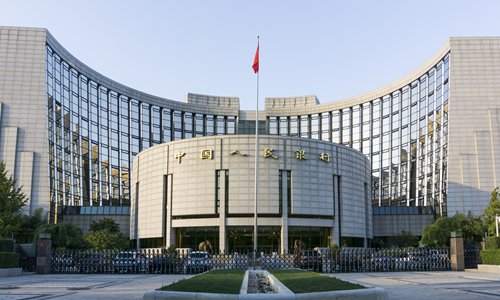A Chinese government official has reiterated that overseas financial institutions must have licenses to carry out business in China, amid government efforts to regulate unlawful business operations in China’s increasingly open financial market.
Sun Tianqi, head of the Financial Stability Bureau under the People’s Bank of China (PBC), China’s central bank, wrote in the China Finance magazine that although expanding financial opening-up is a must for China’s future development, overseas financial institutions must still obey onshore regulatory rules if they want to carry out business in the mainland, according to a report by sina.com.cn.
One thing he stressed is that overseas financial institutions must hold relevant licenses to carry out business in areas that have been opened for overseas capital.
According to Sun, financial licenses have geographical limits. If financial institutions are granted licenses only applicable for certain regions, they cannot carry out business in a national context.
He also noted that overseas institutions are not allowed to run financial businesses that are prohibited in the mainland, or any business that has not been opened to overseas capital.
Sun said some of the violations he mentioned had started to emerge in China. According to his article, some overseas securities institutions have offered offshore securities investment services to mainland investors with the help of the internet without holding a relevant onshore license.
Certain offshore insurance companies are also selling insurance investment products by means of digital platforms, an area where overseas capital has not yet been allowed access to the mainland market.
Dong Shaopeng, an expert adviser for the China Securities Regulatory Commission (CSRC), told the Global Times that Sun’s article was a reaffirmation of China’s principles that proper financial licenses must be held, adding that it also carried the message that China will crack down on overseas platforms that try to slip through the legal net.
Sun stressed that when overseas firms sell private fund products to mainland customers, they must not only hold licenses, but also need to make sure that the products can only be advertised to a certain group of customers. Furthermore, online and offline buyers should hold the same qualified investor certificates to make such investments.
Dong mentioned securities services websites that have businesses both in China and overseas markets, saying they should not provide securities trading services for mainland clients who own shares in companies that are listed overseas, which is becoming more and more common as many Chinese industrial giants are listed in overseas stock markets.
Headquarters of the People’s Bank of China, China’s central bank, in Beijing in October 2018 Photo: IC




